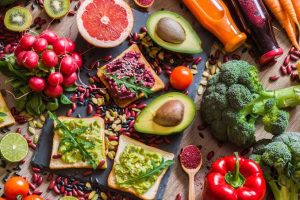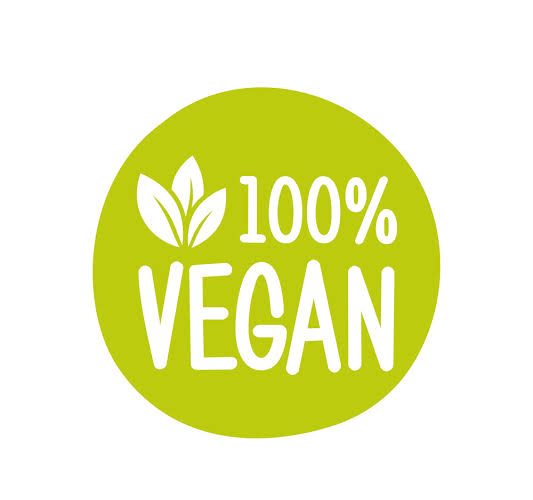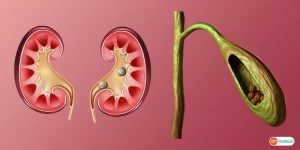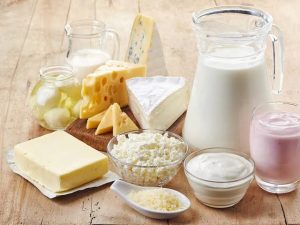
The vegan diet is one that has so many benefits and very little disadvantages if done adequately. This type of lifestyle has actually been linked with lower risk of obesity, heart disease, and premature death, reduces your risk of developing various types of cancer especially colon cancer, manages diabetes by lowering HbA1C levels.
While this type of lifestyle is very beneficial , it is important that you take cognizance of some important nutrients that you might be losing out on, which are:
1. Vitamin B12
Cobalqmin is a water soluble vitamin involved in metabolism. It’s mostly found in animal sources and deficiency may result in megaloblastic anemia, with symptoms that include difficulty walking, memory loss, and disorientation. Vegans can increase their vitamin B12 intake by taking supplements, fortified plant-based milk, and cereals.
2. Omega 3 fatty acid
Omega 3 fatty acids are polyunsaturated fatty acids found mainly found in seafood and fish, but can be found in some amounts in nuts and seeds, plant oils. These foods avoided by vegans and vegetarians, and are needed for eye, heart, and brain health. Fish oil supplements and certain foods can help with this nutrient like chia seeds, walnuts, etc.
3. Calcium
Studies have shown that the calcium intake of vegans tends to be lower than recommended intake, and they may have a higher risk of bone fracture. Vegans can increase their intake of fortified plant milk, fortified juices, tofu made with calcium sulfate, and leafy greens to meet their daily calcium needs.
4. Vitamin D
Vitamin D is important in bone health and immune, nerve, and muscle function. Vegans can get vitamin D through adequate exposure to sunlight, fortified soymilk and cereals, and supplements
5. Iron
Although Iron can be found in plant foods such as beans, lentils, and certain veggies, this type of Iron is known as non-heme Iron and is not as easily absorbed as the heme Iron found in animal sources. Vegans can increase absorption of this nutrient by combining it with vitamin C food sources.
TAKE HOME (more…)





